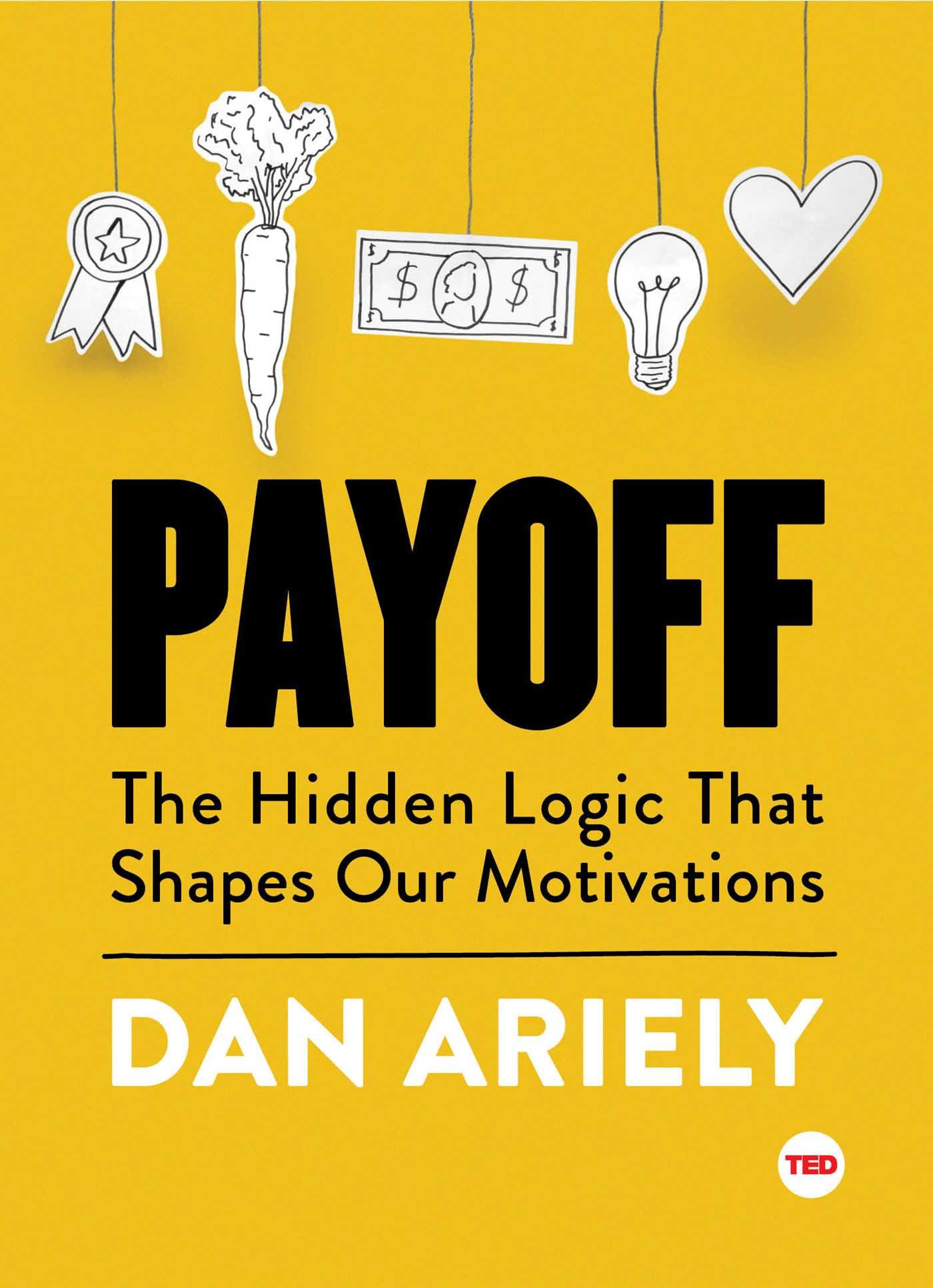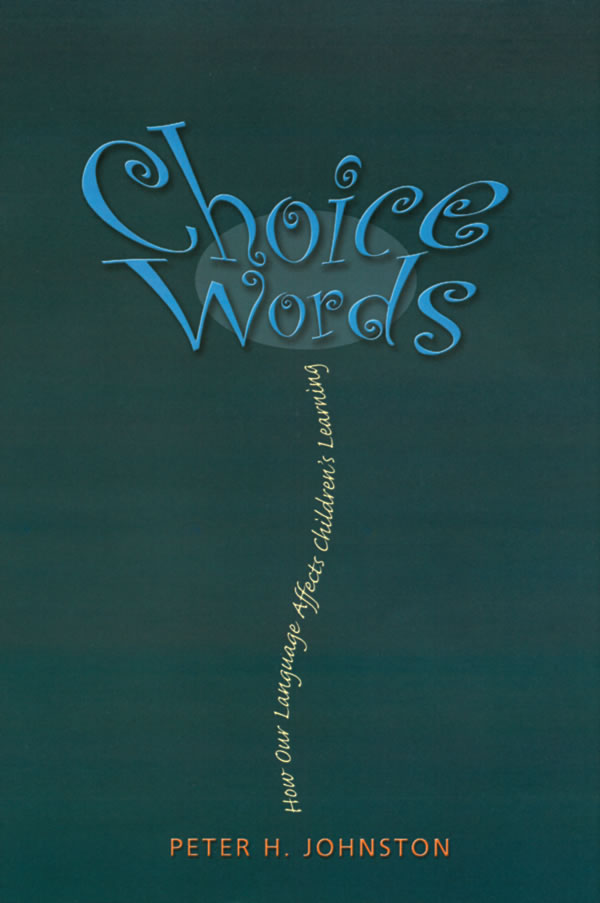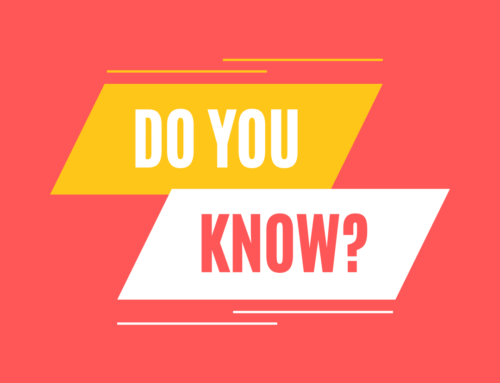 Payoff: The Hidden Logic That Shapes Our Motivations, by Dan Ariely, examines what motivates us and what kills motivation.
Payoff: The Hidden Logic That Shapes Our Motivations, by Dan Ariely, examines what motivates us and what kills motivation.
Motivation is linked to:
- Meaning
- Doing things for others
- A longer time frame that is greater than us and takes longer to achieve when overcoming adversity
- Identity
- The need to be recognized and have accomplishments and creativeness
What will kill motivation?
- Not being acknowledged. Having yourself or your work ignored or shredded.
- Not having meaning. “Why am I here?”
- Not being valued as a unique human being.
- Not being respected or appreciated for your creativity and intelligence.
Interestingly enough, Ariely explores why money is not really a motivator over time. We are driven by many intangible emotional needs. The longer the relationship, the greater the motivation to invest in it.
Ariely writes: “We need to provide a sense of connection and meaning—remembering that meaning is not always synonymous with personal happiness. Arguably, the most powerful motivator in the world is our connection to others.”
 In Choice Words: How Our Language Affects Children’s Learning, Peter H. Johnston examines how the language in the classroom shapes students’ understanding of themselves and creates a collective efficacy and belonging in the classroom. He looks at the word choices that excellent teachers use to create relationships, belonging, meaning, and learning.
In Choice Words: How Our Language Affects Children’s Learning, Peter H. Johnston examines how the language in the classroom shapes students’ understanding of themselves and creates a collective efficacy and belonging in the classroom. He looks at the word choices that excellent teachers use to create relationships, belonging, meaning, and learning.
He identifies these categories of word choice: “noticing and naming, identity, agency and becoming strategic, flexibility and transfer for generalizing, and knowing.”
For each category, I have listed a couple of the many word choices/phrases he identifies.
Noticing and naming
- “Did anyone notice…?” The idea is to normalize the practice of trying out new possibilities.
- “I see you know how to…” Confirm what has been successful and assert the learner’s competence.
- “What are you noticing? Any other patterns or things that surprise you?”
Identity
- “What a talented young [mathematician, scientist, writer, etc.] you are.”
- “I bet you are proud of yourself…”
- “What have you learned most recently as a [reader, scientist, etc.]?”
Agency and becoming strategic
- “How did you figure that out?”
- “What problems did you come across today?”
- “How are you planning to go about this?”
- “Which parts are you sure about?”
The idea is that if you do an act and can do that act strategically, you can accomplish goals. This is agency. It is crucial to well-being. Johnston writes: “Children who doubt their competence set low goals and choose easy tasks, and they plan poorly. When they face difficulties, they become confused, lose concentration, and start telling themselves stories about their own incompetence. In the long run they disengage, decrease effort, generate fewer ideas, and become passive and discouraged.”
Flexibility and transfer (or generalizing)
- “One of the things people do when they start a story is think of what they know. Mathematicians do this too…”
- “How else could we…?”
- “That’s like…”
Knowing
- “Any questions? Let’s start with these…”
- “That’s a very interesting way of looking at it. I hadn’t thought about it that way.”
- “How did you know that?”
- “How could we check?”
- “Would you agree with that?”
- “Is that an observation? A fact? Conjecture?”
I thought Johnston’s whole book was fascinating, and I plan to use these phrases in my presentations.








